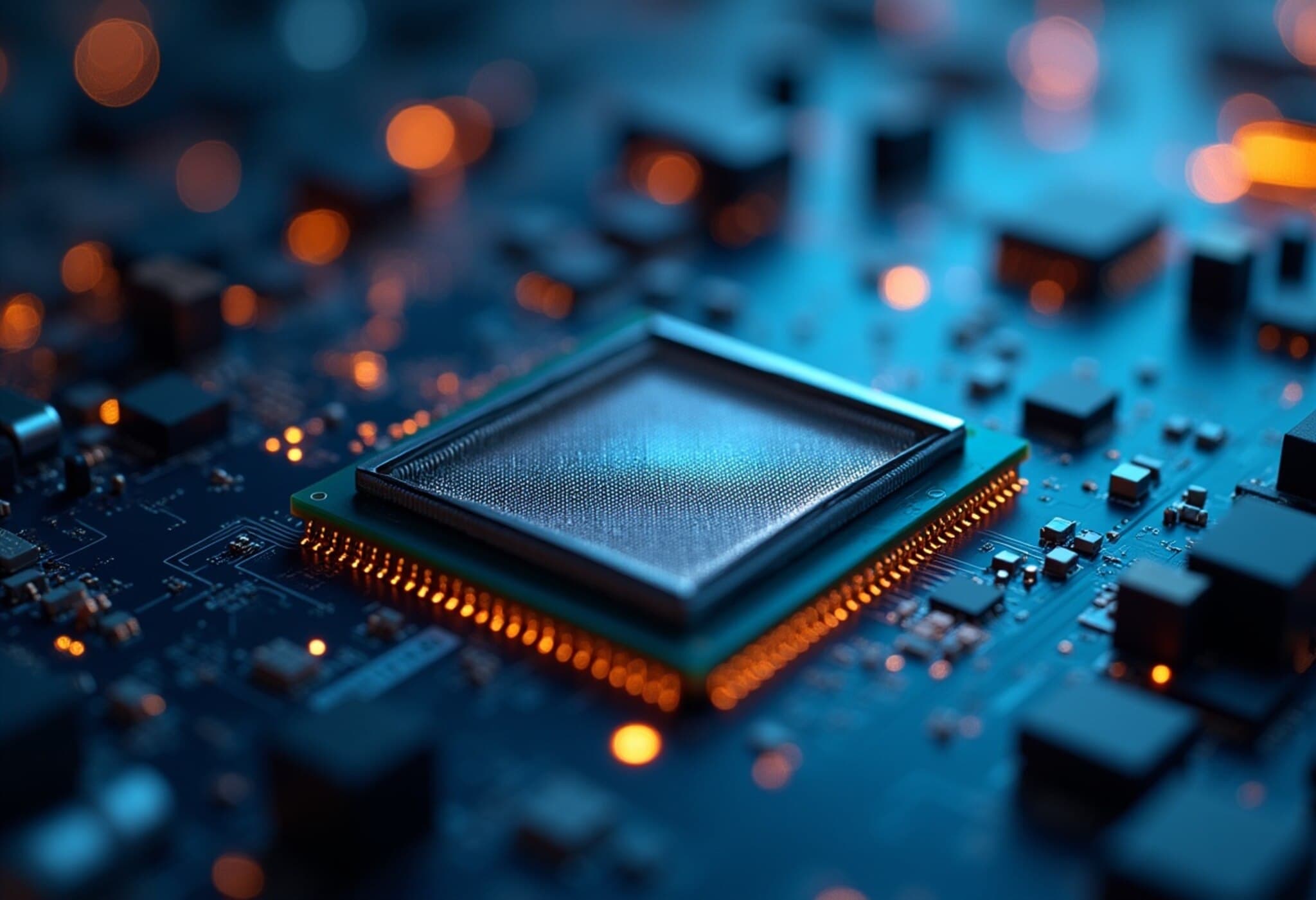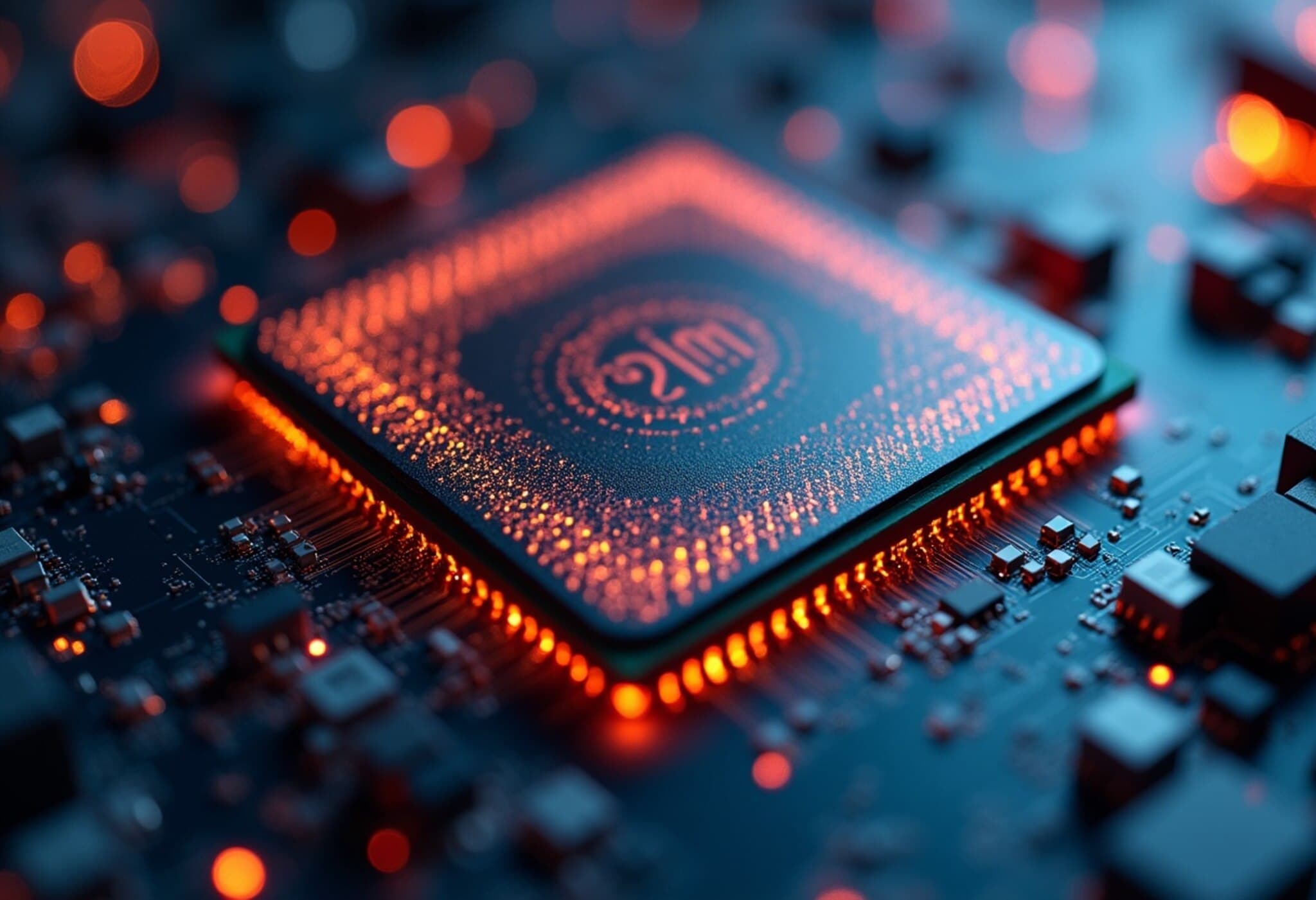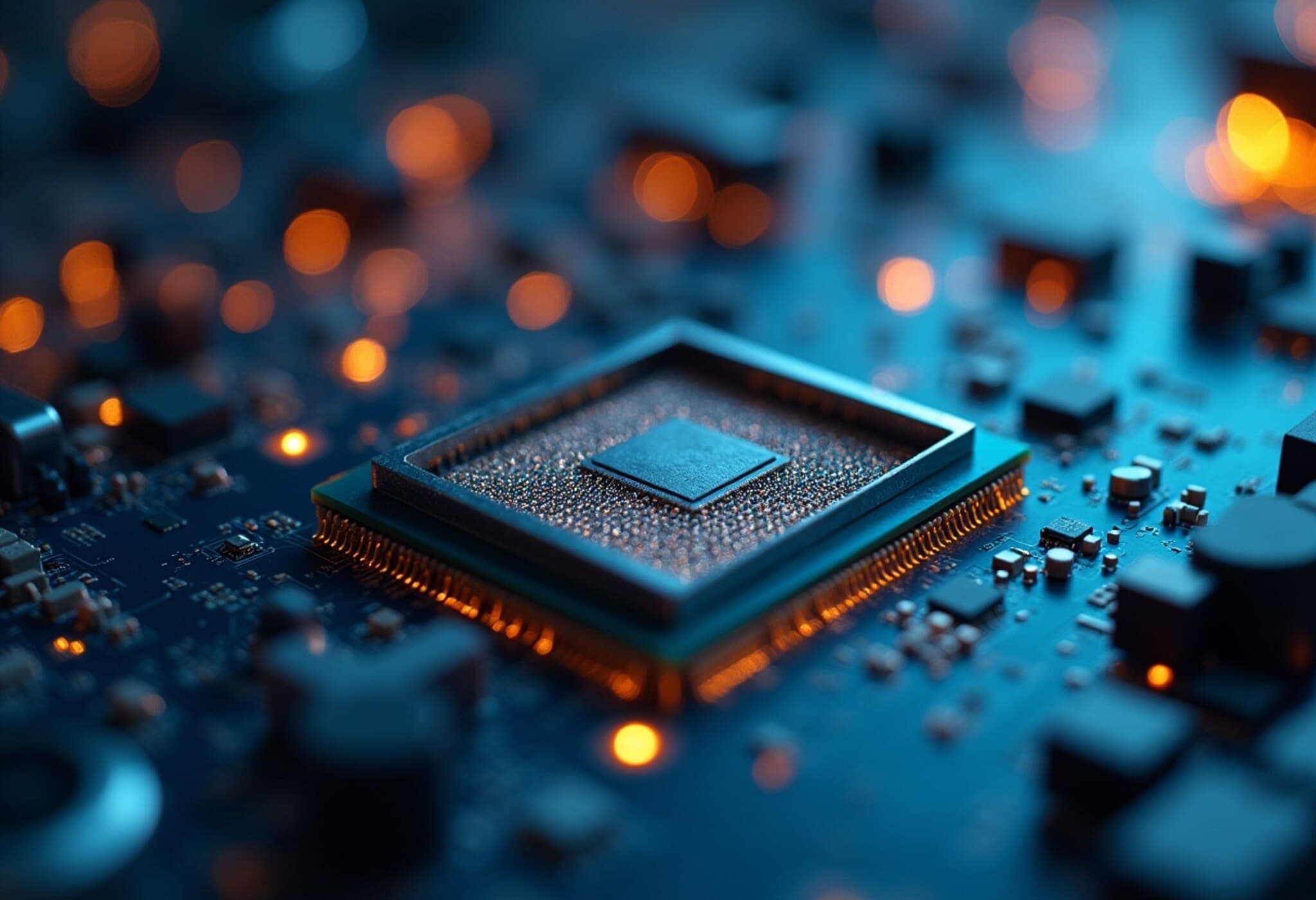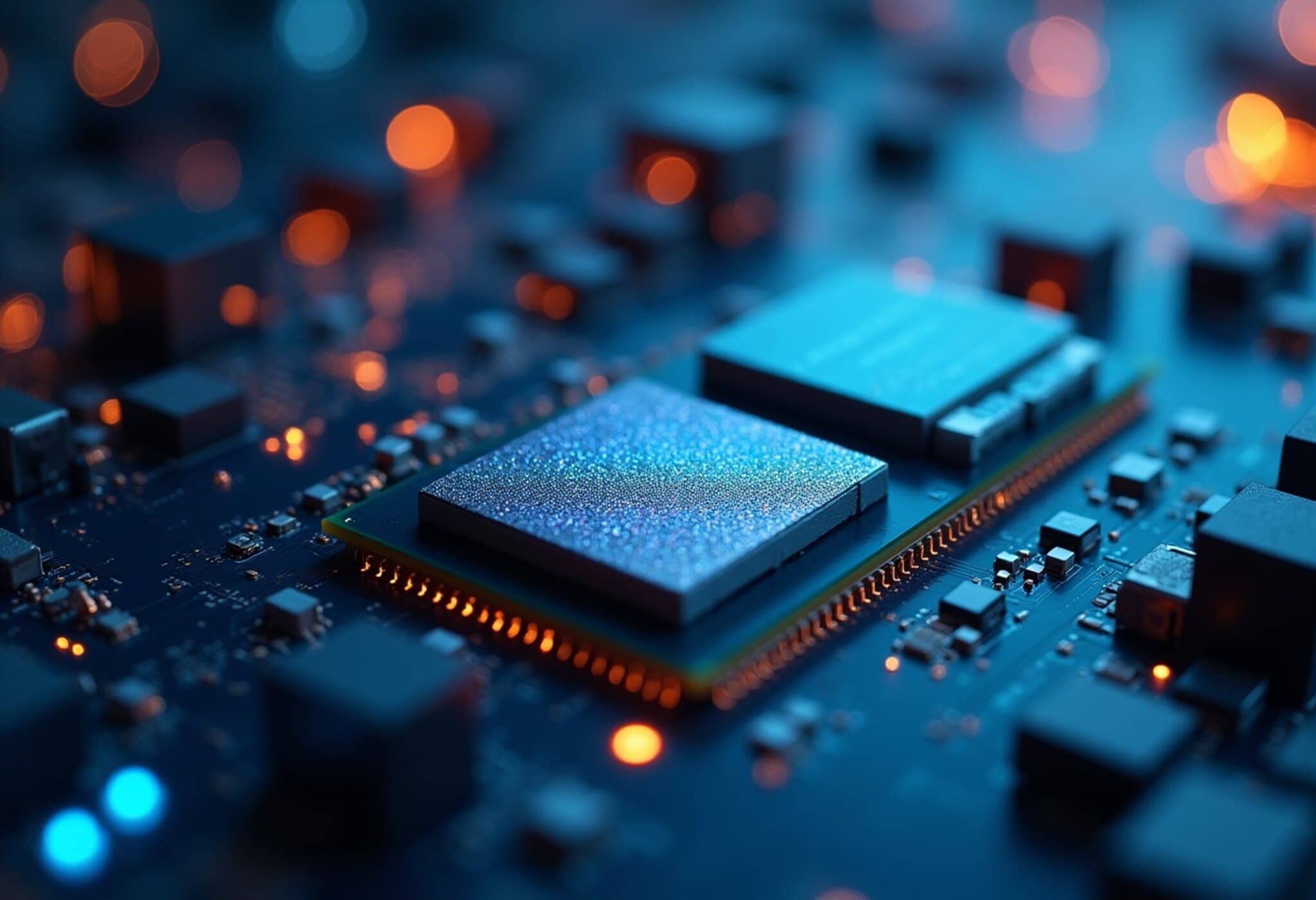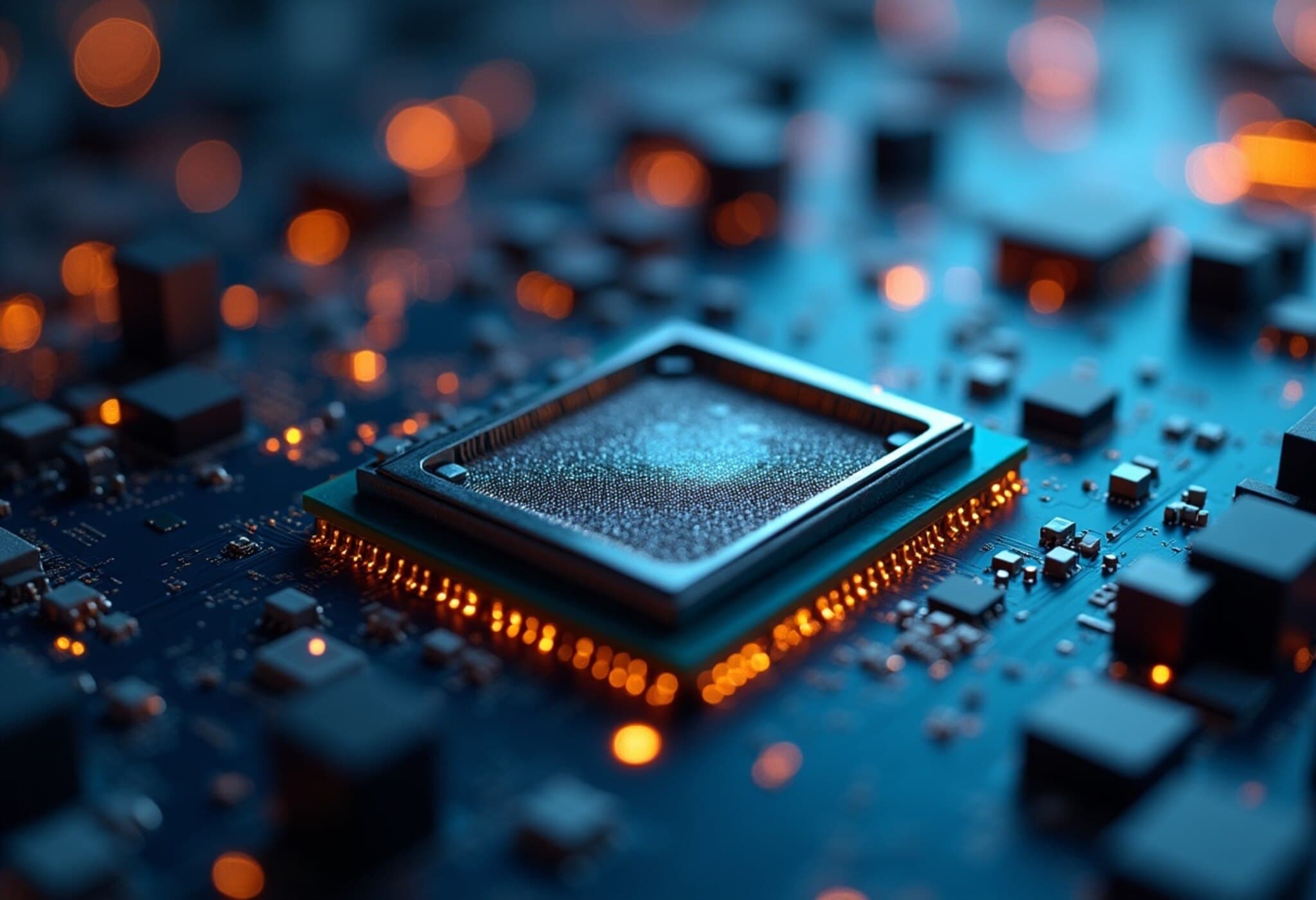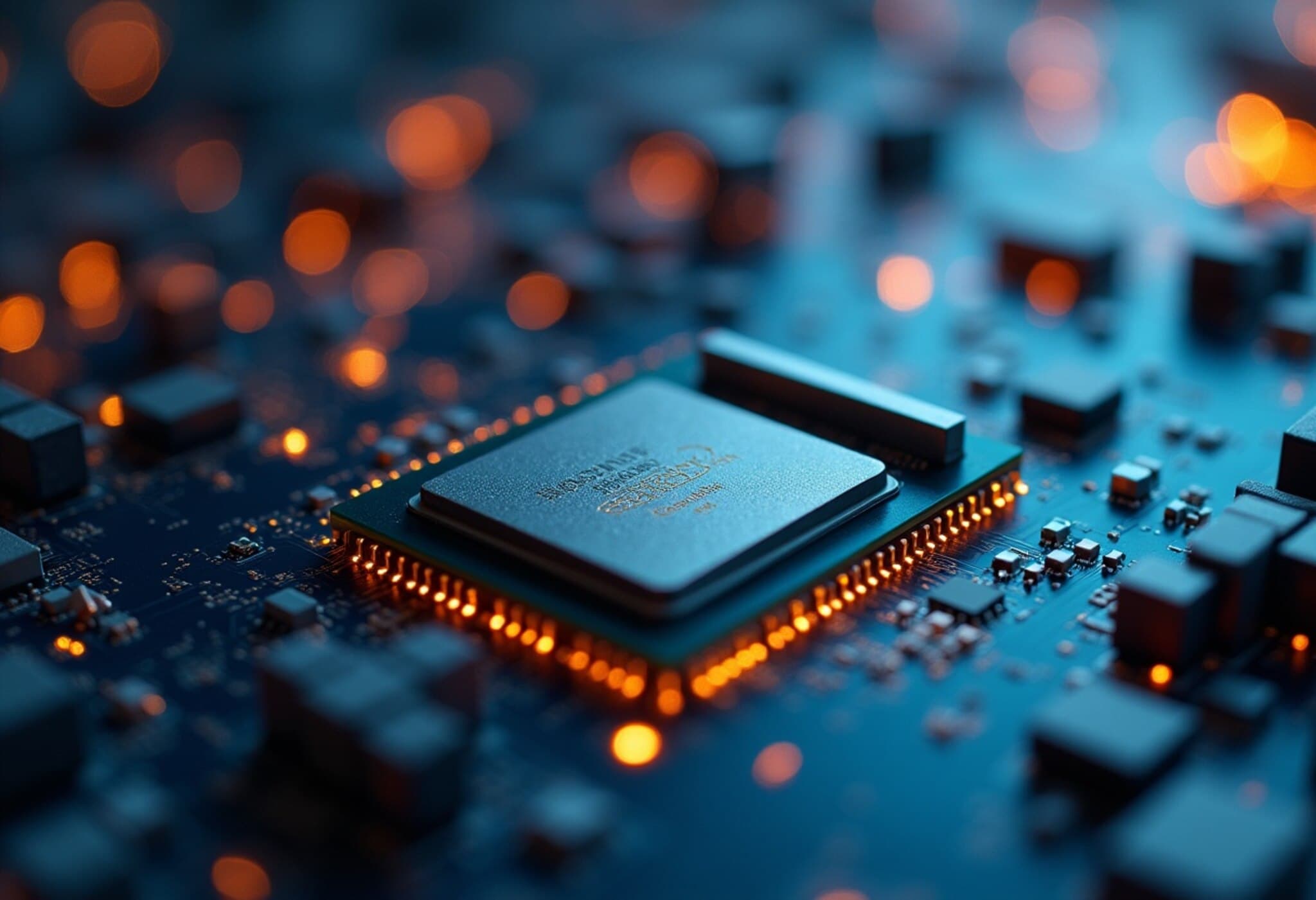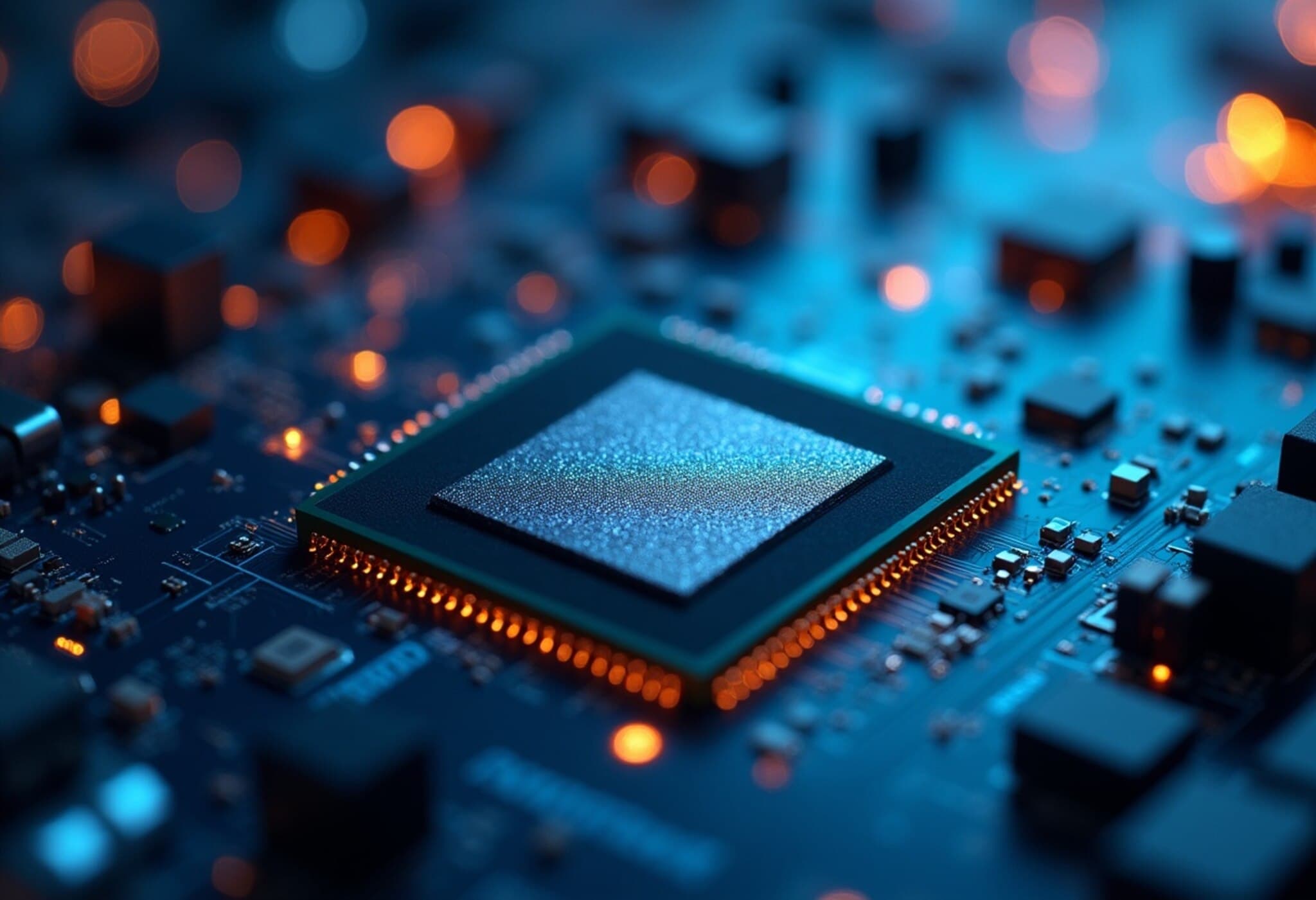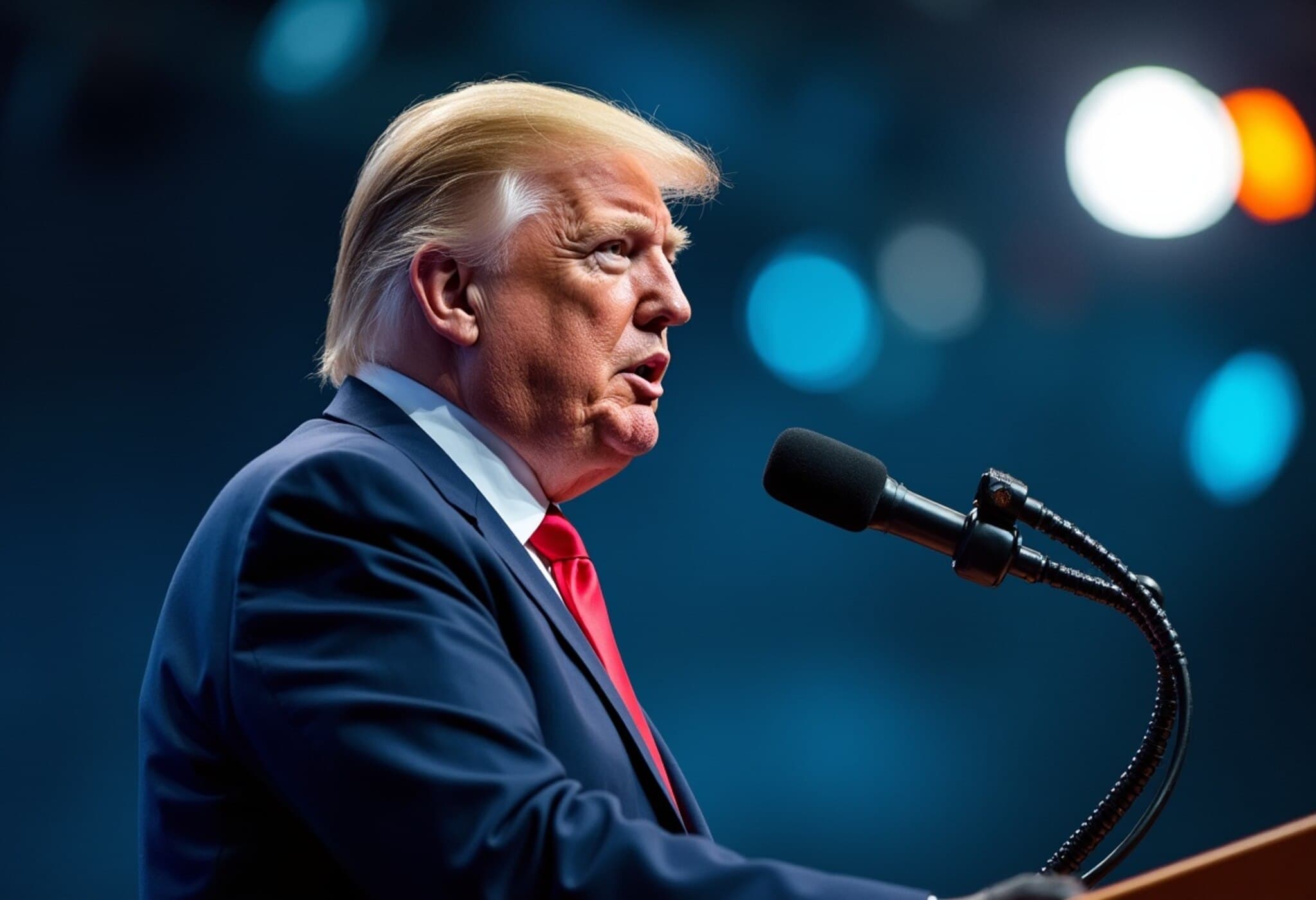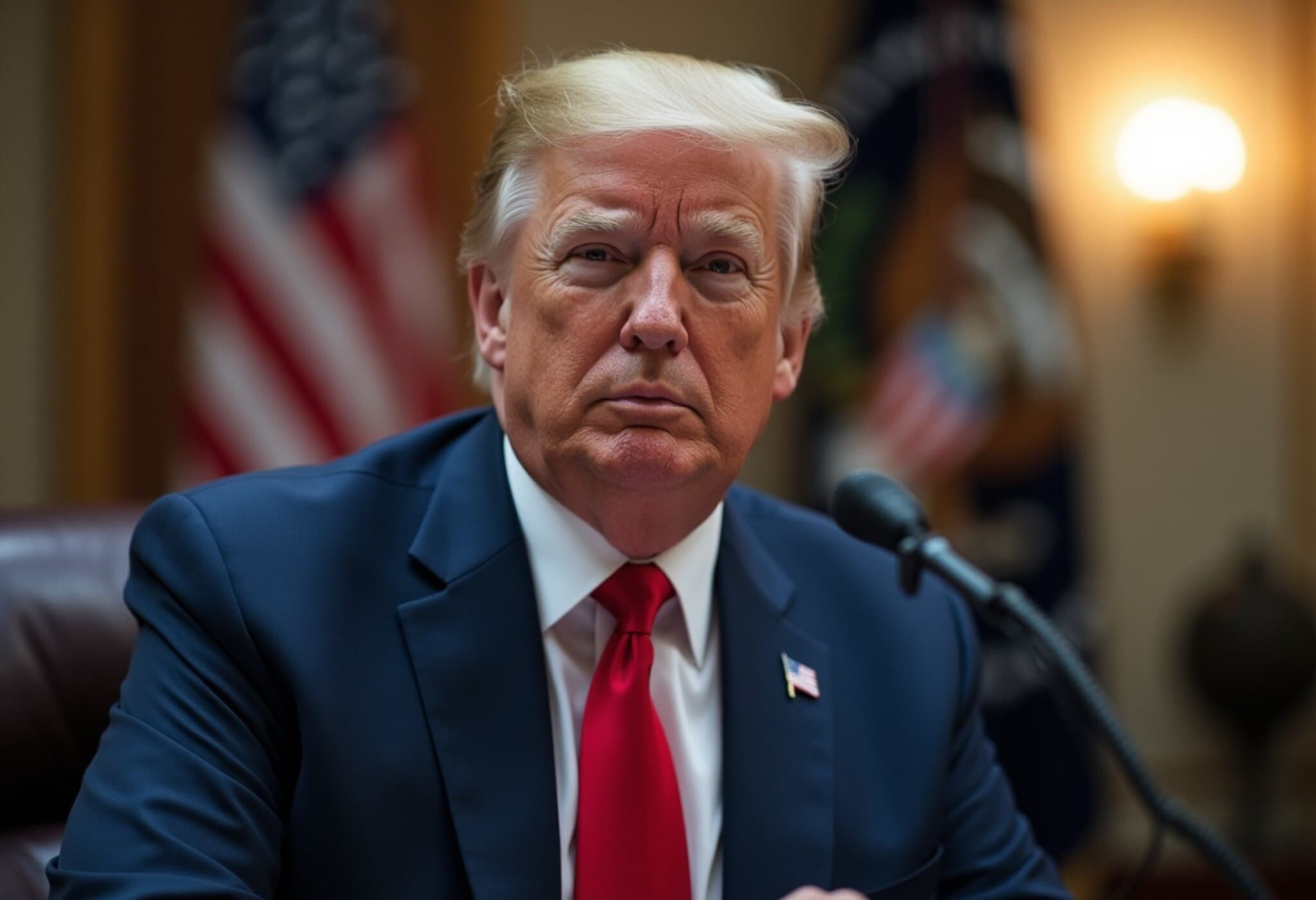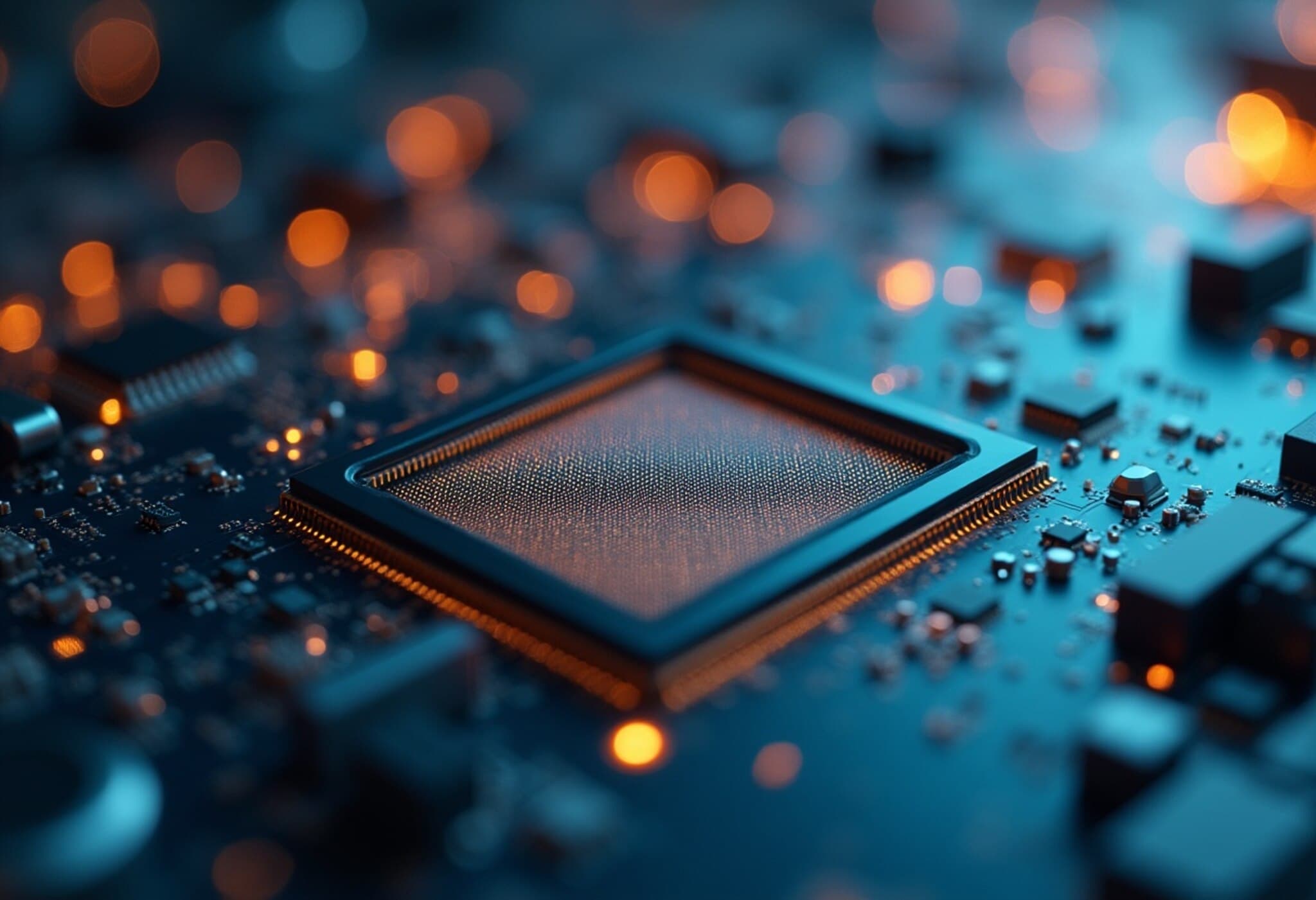U.S. Government Eyes Stake in Intel Amid National Security Concerns
In a move stirring significant attention across both financial and policy circles, the U.S. government is reportedly considering acquiring a stake in Intel Corporation, a key player in the semiconductor industry. This possible intervention underscores broader concerns about America's technological sovereignty and national security.
Analyst Emphasizes Necessity of Government Involvement
Gil Luria, a leading technology analyst at D.A. Davidson, passionately argues that government participation in Intel isn't just beneficial—it’s essential. In an interview with CNBC's "Squawk Box," Luria stressed, "We're all capitalists, and normally we prefer private enterprise free from government interference. However, when it comes to national security, the stakes are too high to ignore."
Intel has been a cornerstone of the U.S. tech ecosystem for decades but has recently struggled to keep pace with international rivals like Samsung and Taiwan Semiconductor Manufacturing Company (TSMC). Luria contends that after numerous missed opportunities to innovate domestically, Intel requires a strategic government partnership to realign its trajectory and reduce dependence on foreign chipmakers.
Context: The Semiconductor Supply Chain and National Security
The semiconductor sector has become a battleground for geopolitical influence and economic security. With chips underpinning everything from smartphones to military hardware, maintaining a robust, domestically-controlled semiconductor manufacturing base is a national imperative.
Under the Biden administration, efforts such as the CHIPS Act have infused billions into the industry, aiming to bolster U.S. production capabilities. Intel has benefitted from these funds, receiving sizable awards from the Department of Commerce and Pentagon for advanced manufacturing initiatives, yet challenges remain.
Potential Structure of Government Intervention
Details on how the government might formalize its stake remain speculative. Bloomberg reports indicate discussions on leveraging funds from the CHIPS Act to facilitate the investment. Such a move would be unprecedented in recent decades but aligns with a growing acknowledgment that safeguarding technological leadership may require more direct involvement.
Leadership and Political Dynamics
Intel CEO Lip-Bu Tan recently met at the White House following President Biden’s call for leadership changes amidst concerns over Intel’s perceived ties to China. This political backdrop further highlights the intertwining of corporate governance, national interests, and global tech competition.
Why Does This Matter? Insights and Implications
- Technological sovereignty: Ensuring critical technology supply chains remain secure is central to U.S. strategic interests.
- Innovation acceleration: Government backing could provide Intel with resources and policy support to revitalize domestic chip production and R&D.
- Geopolitical leverage: Reducing U.S. reliance on Asian manufacturers mitigates risks during geopolitical tensions or conflicts.
- Future risks: Tech leaders warn of superintelligent AI's disruptive potential, paralleling nuclear-age stakes—a domain where the U.S. government’s role in technological stewardship becomes paramount.
Expert Perspective: National Security Beyond Economics
Luria draws a compelling analogy: "We can't rely on others to produce components critical to our defense—like shell casings for nuclear arms, or advanced semiconductor chips. Government intervention is about more than economics; it’s about survival in a rapidly evolving global landscape." This viewpoint resonates amid increasing calls for integrating economic policy with national security strategy.
Conclusion: Balancing Free Markets and National Interests
While capitalist markets have driven much of America's innovation, the semiconductor sector's strategic importance calls for nuanced approaches. A government stake in Intel signals a pragmatic recognition that safeguarding technological leadership and national security may require new forms of partnership—merging public interests with private enterprise capabilities.
Editor's Note
This development raises pressing questions for policymakers and the broader public: To what extent should government intervene in private industry in the name of security? How can the U.S. balance innovation, sovereignty, and economic freedom in the 21st century? As the semiconductor industry becomes a linchpin of national power, these dynamics will shape not only markets but the very fabric of geopolitical competition.

